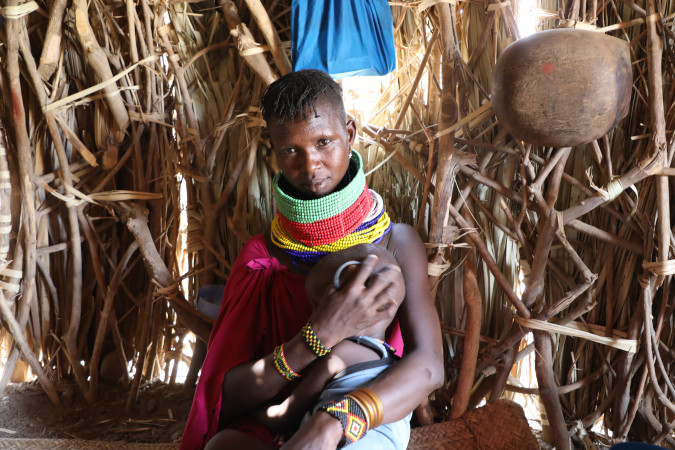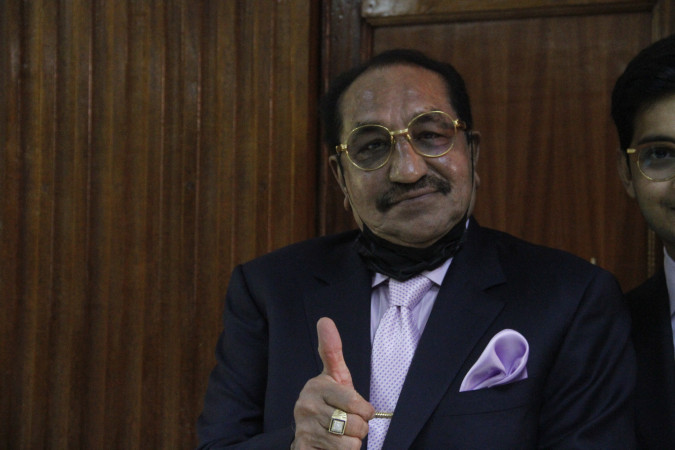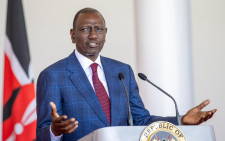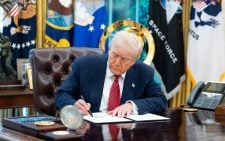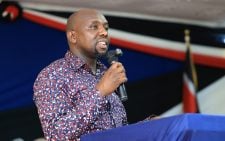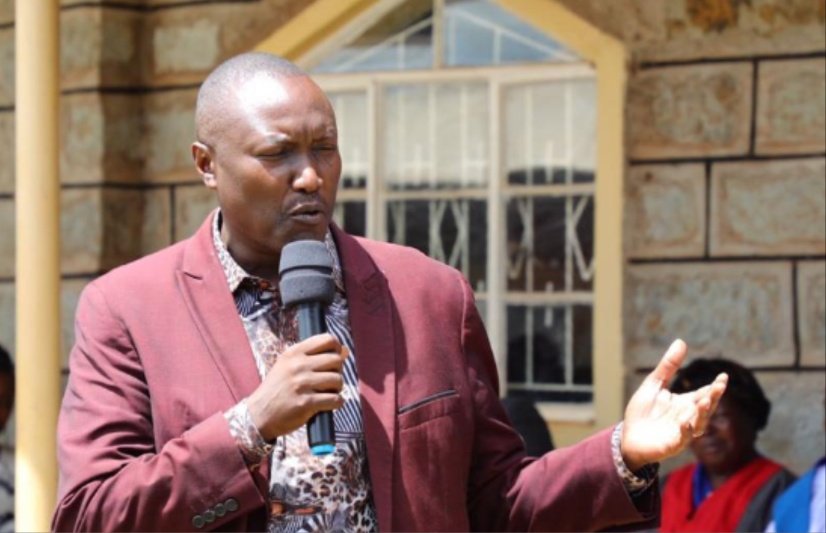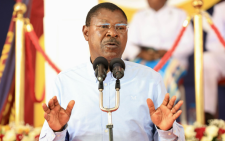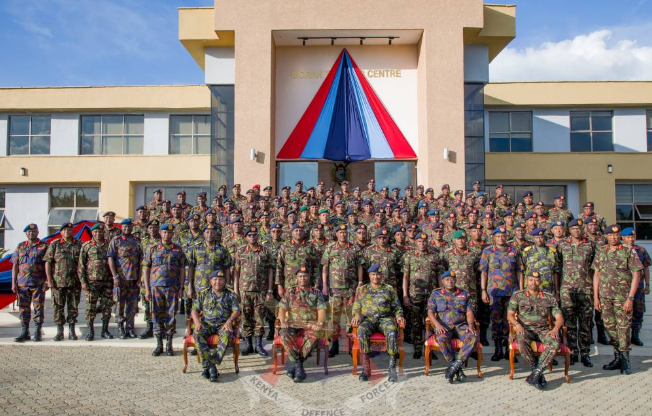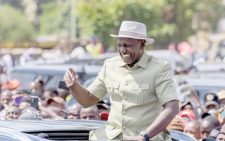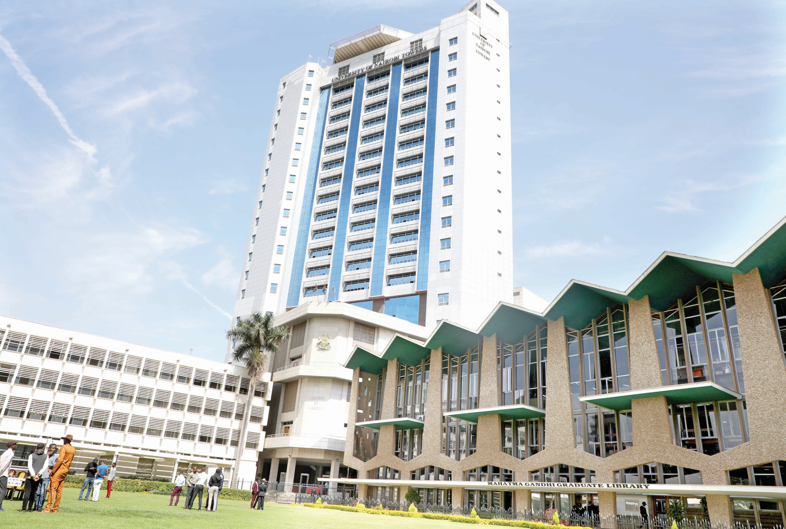Empowering women human rights defenders
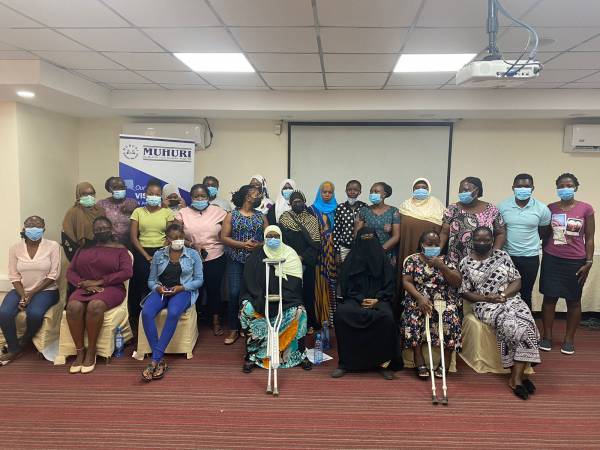
While Human Rights defenders (HRDs) take the lead in bringing to light a lot of governance issues and injustices people face, they also face a lot of risks that come with their job description. People in powerful positions who do not want to face public scrutiny often turn to threatening, attacking, detaining or even killing them.
It is with all this in mind that the Mombasa Women Human Rights Defenders Network came into being. Formed by Muslims for Human Rights Organisation in partnership with Article 19, an organisation that works to promote freedom of expression and information, through a project called PROTECT, the network aims at building the capacity of women HRDs and journalists.
“The aim is to bring together women HRDs in Mombasa, community based organisations, women in faith, organisations leaders, and journalists, both freelance and those from local stations, to train the women on fighting for human rights and being safe while at it,” shares Khadija Nasur, Head of Programmes, Muslims for Human Rights Organisation (MUHURI).
Through the network, they were able to host several trainings where they taught the women on various topics including security, risk assessment and empowerment so that when they stand for human rights, they are well equipped.
Topister Juma, gender and children’s officer and the co-founder of the network, says they are currently doing campaigns to get more women to engage in human rights work, including counsellors. Women HRDs encounter a lot while standing up for other people’s rights, but barely get enough counselling to deal with challenges that often come with their area of work.
“We know women are more vulnerable and mostly the victims of these issues and need help. Due to lack of knowledge, they don’t know where to go or where to start the justice process and that is why there is a need of more women representatives in the community, they can easily identify in case they need help. When women have problems, they run to other women. We also brought in other government actors in the forum so these women can share on that platform the issues affecting them. Generally, the challenges women face in the community include insecurity, violence, and harassment. These sessions bond actors and women influencers,” she says.
Besides training, they have also had counseling and group therapies.
Steady growth
“Most human rights defenders have no safe space to declog or vent out challenges they face while fighting for people’s rights. So the counseling and therapy session was very good for all of us. The men we work closely are also taking lead to support women. There are, of course, a few challenges, especially during the pandemic, including postponing a lot of meetings and activities. But so far the Network is steadily growing,” she adds.
Besides being the target of violence, HRDs have also faced false accusations and unfair trial and conviction. They are also targeted with acts of intimidation, despite this being in violation of both international and national law.
“There are perception that HRDs are just noise makers, and other challenges include profiling by the government and lack of financial resources. Some HRDS have capacity gaps and face insecurity too,” shares Human Rights Defender, Grace Oloo.
For those working with Key Populations we’re most of the time unprotected for defending the rights of Key Populations. Profilement from both the community and the government. These challenges can also lead to stigmatisation that is a top contributor to mental illness.
The network has also increased the number of success stories, especially through the court. The training has enabled the women HRD leaders to handle better and also refer cases while also rescuing the victims of violence and injustice. They have formed a strong partnership with the children’s department to help cases involving. The Increase in the number of members has increased performance as there are more people to swiftly follow up on any cases posted.
Safe and free
The network currently comprises 60 members including; 20 women Human Right Defenders representatives, 20 journalists and 20 government officials from Mombasa county. The government officials are representatives from different departments of Gender including; Probation, Kenya Human Rights Commission, ombudsmen and others.
The dream is to make the network the biggest women movement at the Coast.
“We are planning to recruit even more women from the coastal region including, Lamu and Kilifi. We want the women HRDs also understand that after work there is home, and they all deserve a free and safe space and this is importantly what the network was created for, so the defenders can freely air their issues,” says Topister.
